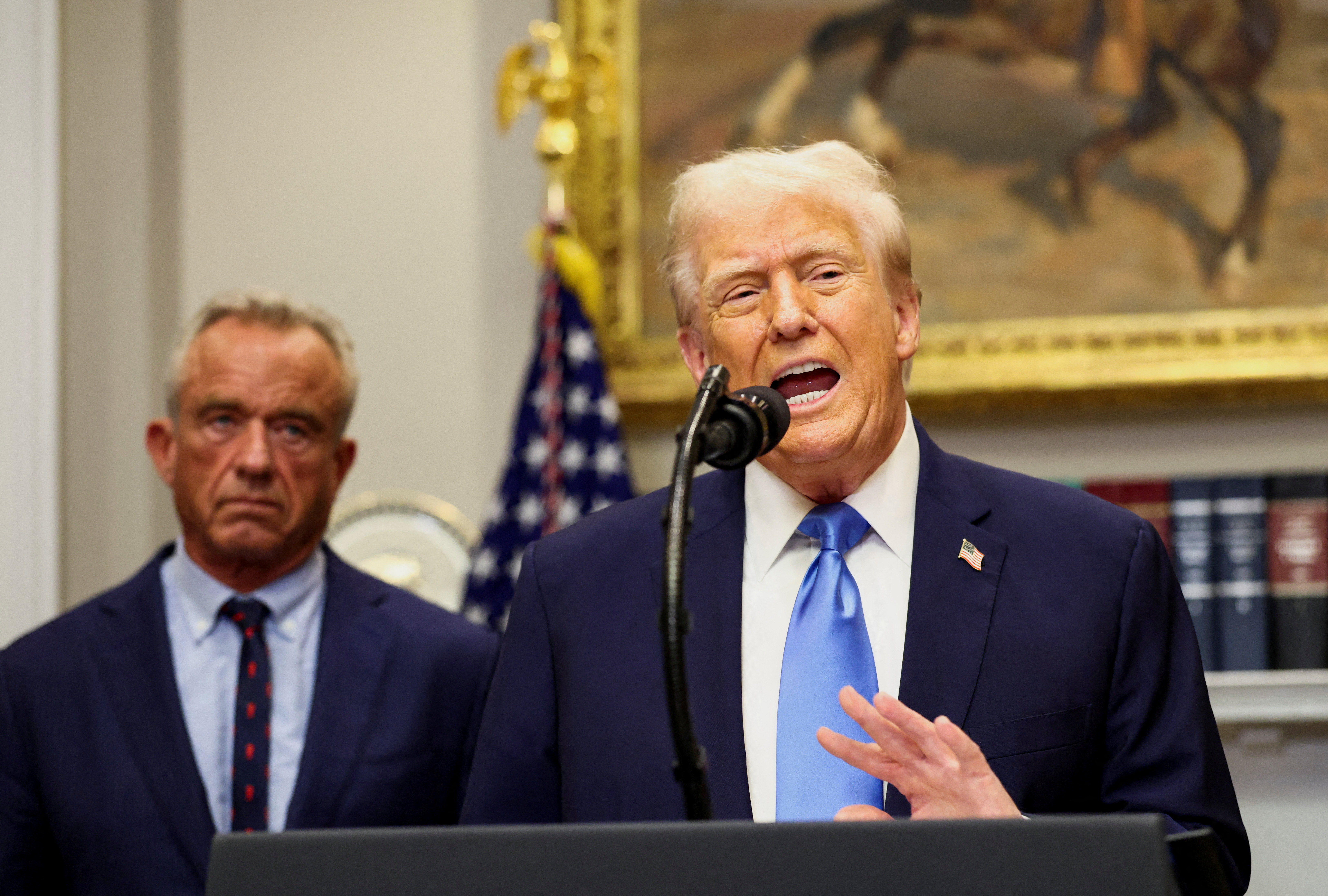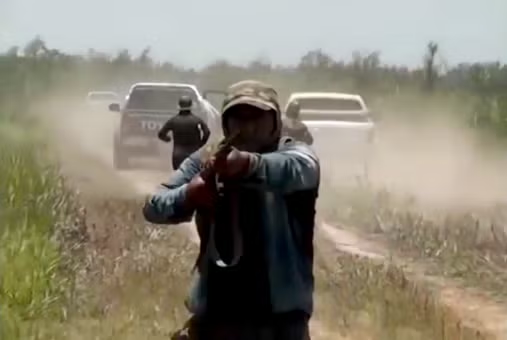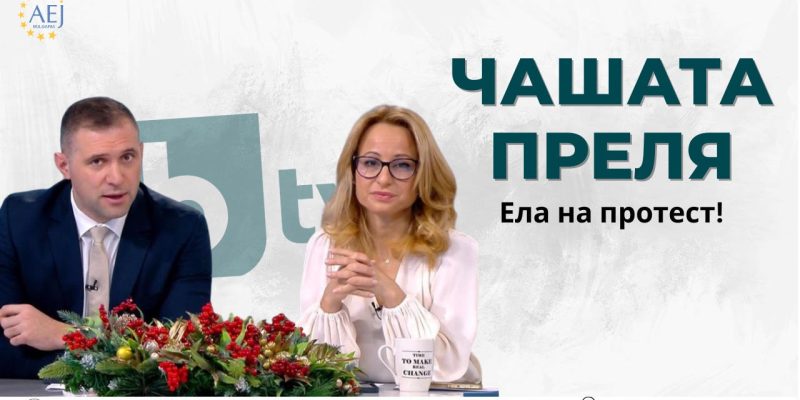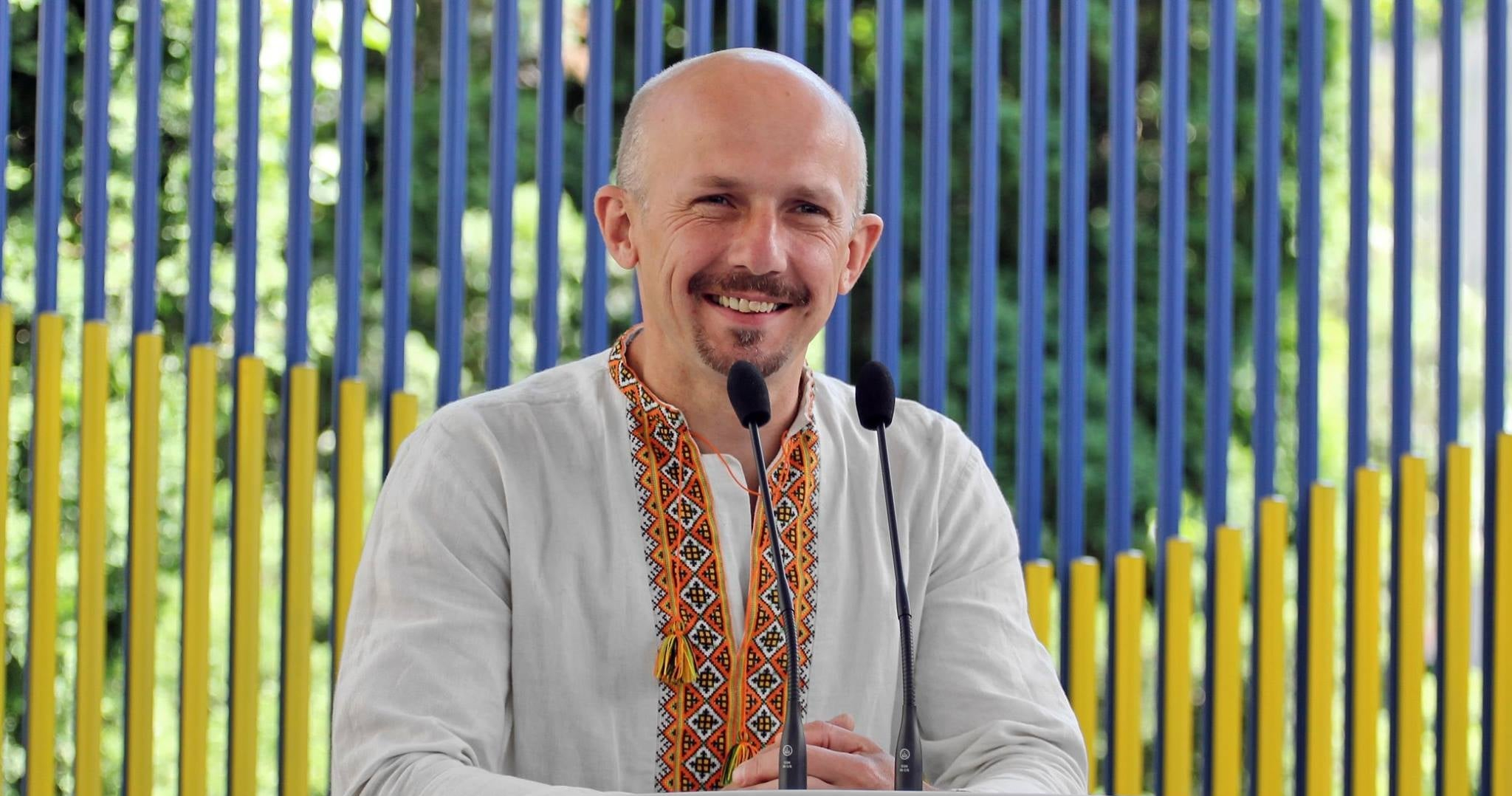
Journalists Race to Recover Credibility as Government Health Claims Spark Misinformation Wave
November 5, 2025
Bolivian Journalists Abducted and Tortured in 2021 Remain Without Justice
November 5, 2025epa08079192 Albanian journalism students use their smartphones to make video as they demonstrate against the government during a protest in Tirana, Albania, 18 December 2019 while the Albanian parliament debates a new law on media that has been criticized by international organizations. The Albanian government is to vote on a package of laws which according to the journalists' associations affect the freedom of speech and independent news by giving the government the tools to impose considerable fines on media that is not registered. European human rights top official Dunja Mijatovic asked the Albanian parliament in a statement to bring the draft law to meet the case law standards of Council of Europe and European Court of Human Rights. EPA/MALTON DIBRA
November 05, 2025 – Albania –
A recent investigation by Balkan Insight reveals that harassment of journalists by Albanian officials is no longer exceptional but increasingly normalized. The article documents a range of intimidation tactics that independent media professionals say they face regularly—online abuse, surveillance, physical obstruction, and smear campaigns.
Journalists interviewed for the report say that officials and political actors routinely frame critical reporting as hostile, misleading, or even treasonous. This rhetoric appears to reinforce the idea that independent reporters are legitimate targets. One cyber-attack on the media outlet Citizens Channel is cited as emblematic: the attack coincided with investigative work into local public-contracting irregularities, and while no formal attribution has been announced, coverage sources claim the attackers had access to state-linked infrastructure.
Media-freedom advocates say this growing atmosphere of harassment has serious implications beyond individual cases. Journalists report increasingly self-censoring or avoiding certain beats altogether, fearing reprisals or professional isolation. The article underscores that when intimidation becomes an expected part of the job, newsroom culture shifts from watchdog to survival mode. According to the 2024 report by Reporters Without Borders, Albania was placed near the bottom of the Western Balkan region for press protection, ranking 99 out of 180 countries on the World Press Freedom Index.
The piece also explores structural problems: media ownership concentration, weak institutional safeguards, and inadequate legal remedies contribute to the imbalance. When attacks on journalists go unpunished and sources are unwilling to cooperate, the capacity for independent journalism diminishes. Observers warn that if the normalization of harassment continues unchecked, Albania could see a further erosion of press freedom even as it seeks EU accession.
The Balkan Insight report calls on Albania’s government and media regulators to institute concrete protections for journalists—effective investigations of threats, safe channels for reporting abuses, and robust legal frameworks. Until such changes are implemented, the independent press in Albania faces worsening conditions, and the public’s right to full information remains at risk.
Reference –




